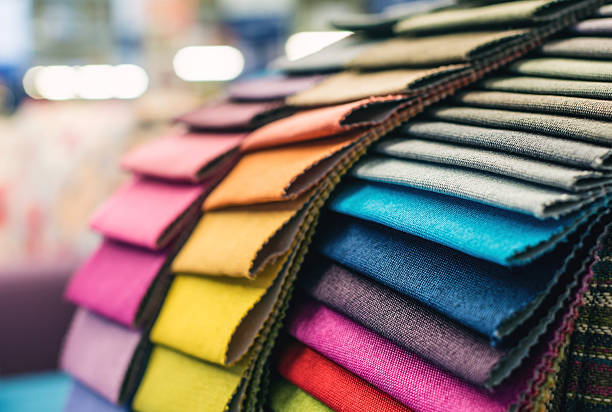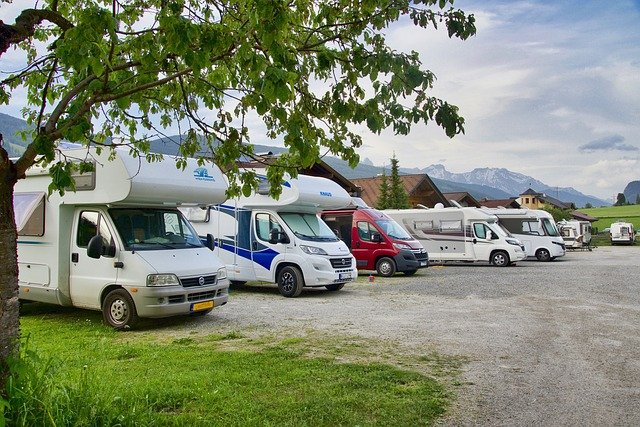Jean Jackets Wholesale: A Practical Buyer’s Guide
Wholesale jean jacket purchasing requires careful consideration of multiple factors from fabric quality to supplier relationships. This comprehensive guide explores the essential elements buyers need to understand when entering the wholesale denim market, including fabric specifications, sourcing strategies, pricing structures, and quality assurance processes that can make or break your wholesale jean jacket venture.

The wholesale jean jacket market presents significant opportunities for retailers and distributors willing to navigate its complexities. Success in this sector depends on understanding fabric characteristics, establishing reliable supplier relationships, and implementing effective quality control measures.
Understanding Wholesale Jean Jacket Types, Denim Weights, and Finishes
Denim weight fundamentally determines jean jacket durability and comfort. Lightweight denim (8-12 oz) offers flexibility and breathability, making it suitable for layering pieces and warmer climates. Medium-weight denim (12-16 oz) provides the classic jean jacket feel with balanced durability and comfort. Heavy-weight denim (16+ oz) delivers maximum durability but requires longer break-in periods.
Finishes significantly impact both appearance and price points. Raw denim maintains its original indigo color without chemical treatments, appealing to purists but commanding higher prices. Stone-washed finishes create softer textures through tumbling with pumice stones. Acid-washed treatments produce distinctive faded patterns, while enzyme washing offers controlled fading with reduced environmental impact.
Fit categories include classic straight cuts, slim-fit profiles, oversized silhouettes, and cropped lengths. Each style targets different demographics and seasonal trends, requiring buyers to analyze their target market preferences carefully.
Sourcing Wholesale Suppliers: Marketplaces, Manufacturers, and Trade Shows
Digital marketplaces like Alibaba, Global Sources, and Made-in-China connect buyers with manufacturers worldwide. These platforms offer extensive supplier databases with detailed product catalogs, but require careful vetting of potential partners. Direct manufacturer relationships often yield better pricing and customization options, particularly for larger volume orders.
Trade shows provide invaluable face-to-face interactions with suppliers. Major events include the Canton Fair in Guangzhou, Texworld in Paris, and Kingpins Show focusing specifically on denim. These venues allow buyers to examine fabric quality firsthand, negotiate terms directly, and establish personal relationships crucial for long-term partnerships.
Domestic suppliers offer advantages including shorter lead times, easier communication, and reduced shipping complexities. However, international suppliers, particularly from Bangladesh, China, and Turkey, often provide more competitive pricing for large volume orders.
Pricing, Minimum Order Quantities (MOQs), and Negotiation Strategies
Wholesale jean jacket pricing varies significantly based on fabric quality, construction complexity, and order volumes. Basic styles typically range from $8-15 per unit for orders exceeding 500 pieces, while premium designs with specialized treatments can reach $20-35 per unit.
MOQs generally start at 100-300 pieces per style for established suppliers, though some manufacturers require 500-1000 piece minimums. Smaller MOQs often carry higher per-unit costs, while larger orders enable better pricing negotiations and customization options.
Effective negotiation strategies include requesting detailed cost breakdowns, proposing long-term partnership agreements, and timing orders during suppliers’ slower seasons. Payment terms significantly impact final costs, with cash payments often securing 2-5% discounts compared to letter of credit arrangements.
| Supplier Type | Price Range (per unit) | Typical MOQ | Lead Time |
|---|---|---|---|
| Chinese Manufacturers | $8-20 | 300-1000 pieces | 15-25 days |
| Turkish Suppliers | $12-25 | 200-500 pieces | 20-30 days |
| Bangladeshi Factories | $6-18 | 500-1500 pieces | 20-35 days |
| Domestic Suppliers (US) | $15-35 | 100-300 pieces | 7-15 days |
| European Manufacturers | $18-40 | 150-400 pieces | 10-20 days |
Prices, rates, or cost estimates mentioned in this article are based on the latest available information but may change over time. Independent research is advised before making financial decisions.
Quality Control, Sizing Standards, and Evaluating Samples
Sample evaluation forms the foundation of successful wholesale relationships. Request samples in multiple sizes to assess consistency across the size range. Examine stitching quality, particularly at stress points like pocket corners and armholes. Check hardware durability including buttons, zippers, and rivets.
Sizing standards vary between regions and suppliers. US sizing typically runs larger than European or Asian measurements. Establish clear size charts with specific measurements rather than relying on size labels alone. Document acceptable tolerance ranges for key measurements to prevent sizing disputes.
Fabric testing should include colorfastness assessments, shrinkage measurements, and durability evaluations. Professional testing services can provide detailed reports on fabric composition, chemical content, and performance characteristics, particularly important for meeting regulatory requirements in target markets.
Shipping, Imports, Labeling Requirements, and Return Policies
Shipping costs significantly impact total landed costs. Sea freight offers the most economical option for large orders, typically ranging from $2-8 per cubic meter depending on origin and destination. Air freight provides faster delivery but costs 3-5 times more than sea transport.
Import duties and taxes vary by country and product classification. Most jean jackets fall under specific tariff codes with duty rates ranging from 8-32% depending on fabric content and country of origin. Trade agreements like USMCA or GSP can reduce or eliminate duties for qualifying products.
Labeling requirements include care instructions, fiber content, and country of origin declarations. US regulations require specific label formats and placement, while EU markets have additional requirements for chemical content disclosure. Non-compliance can result in shipment delays or rejections at customs.
Return policies should address defective merchandise, sizing discrepancies, and quality issues. Establish clear criteria for acceptable returns and determine responsibility for return shipping costs. Many suppliers offer 5-10% allowances for minor defects rather than full returns to minimize logistics complications.
Successful wholesale jean jacket purchasing requires balancing multiple factors including quality expectations, budget constraints, and market timing. Building strong supplier relationships, implementing thorough quality control processes, and understanding all associated costs creates the foundation for profitable wholesale operations in the competitive denim market.




